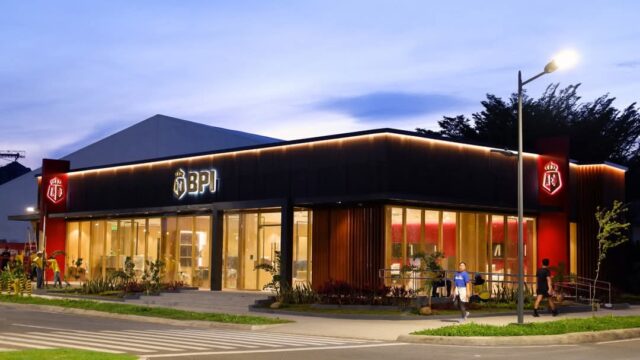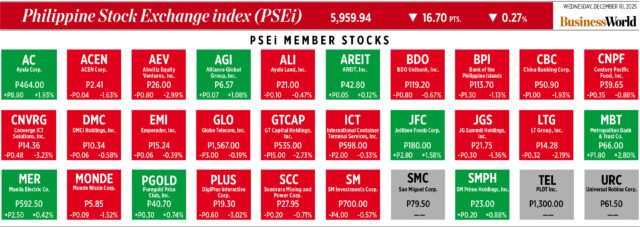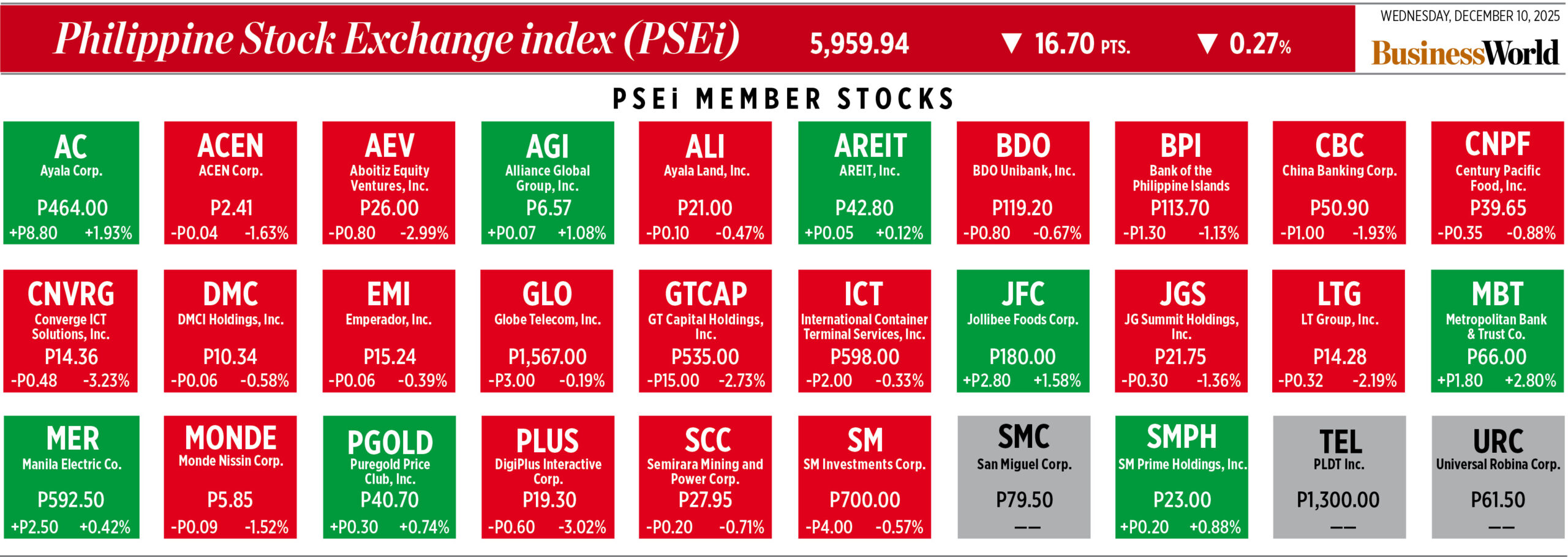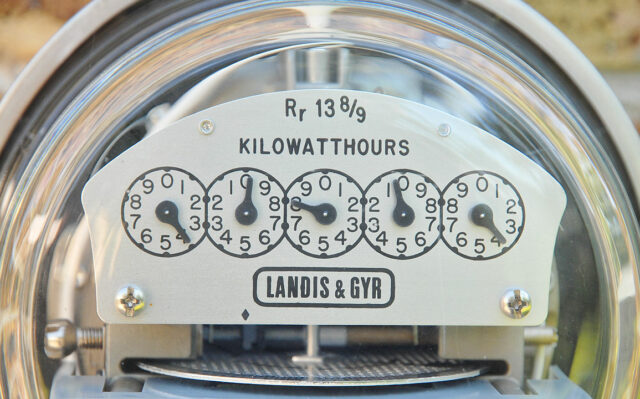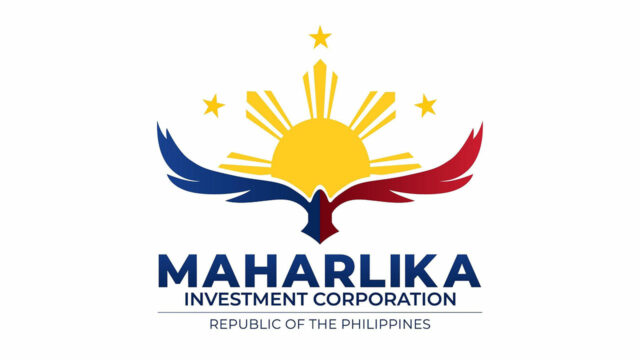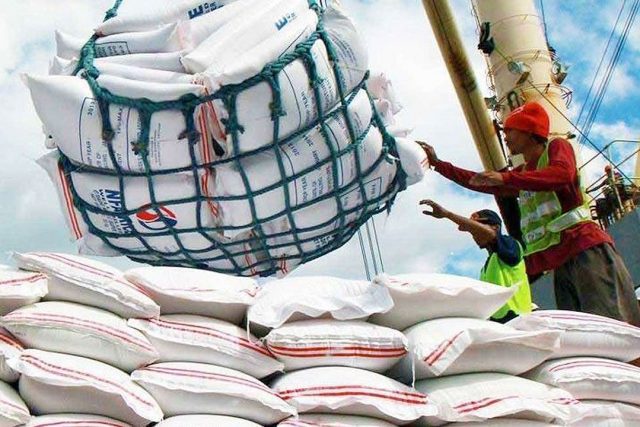As 2025 draws to a close, taxpayers are looking forward to a stabler and more predictable tax audit environment following the Bureau of Internal Revenue’s (BIR) Revenue Memorandum Circular (RMC) No. 107-2025. The circular suspended the issuance of Letters of Authority (LoAs) and Mission Orders (MOs), as well as the examination of taxpayer records, following numerous complaints regarding irregularities and inconsistencies in the tax audit process. While the BIR typically suspends audits during the holiday season, the RMC stands out for starting the suspension earlier and extending it until the Commissioner formally lifts it.
The RMC also underscored a lingering concern among taxpayers: the issuance and handling of LoAs and tax assessments, being criticized by some as leading to costly disputes and prolonged uncertainty for businesses.
By itself, an LoA formally initiates a tax investigation and authorizes BIR officers to review a taxpayer’s records. Its issuance must strictly comply with the Tax Code and BIR regulations. Failure to do so ren-ders assessments void, as affirmed by jurisprudence and Court of Tax Appeals (CTA) rulings.
Here are recent court decisions from the recent years that reveal systemic challenges regarding the proper issuance of LOAs that businesses should take note of:
TAX INVESTIGATIONS MAY ONLY BE CONDUCTED BY AUTHORIZED REPRESENTATIVES INDICATED IN THE LOA
In multiple 2025 CTA rulings, the Court invalidated BIR assessments for lack of proper LoA. In March, the CTA canceled the Warrant of Distraint and/or Levy along with the Assessment Notices because the reassigned Revenue Officer acted under a Memorandum of Assignment, without the authority of an LoA. Similarly, the tax court voided assessments where the revenue officers solely relied on a Memorandum of Assignment, with the LoA issued belatedly two years after the assessment notices were issued. In one other case, the Court struck down all Assessment Notices as the recommending Group Supervisor was not named in the LoA.
In these cases, the CTA cited a 2021 Supreme Court ruling which held that substituting revenue officers named in an LoA without issuing a separate or amended LoA: (i) violates taxpayers’ due process rights; (ii) usurps the CIR’s statutory au-thority to authorize audits; and (iii) breaches BIR rules, particularly Revenue Memorandum Order (RMO) No. 43-90.
ASSESSMENTS BASED ON LETTER NOTICES ARE NOT VALID
The CTA likewise held in a 2024 case that Assessment Notices based on Letter Notices (LN), which were not converted to LoAs, are void. In its decision, the Court cited a Supreme Court case that differentiated LNs from LoAs. An LoA addressed to a revenue officer is specifically required under tax law before an examination of a taxpayer may be conducted. On the other hand, an LN is not specifically provided under the law and is only issued for the purpose of notifying the taxpayer that a discrepancy was found based on the BIR’s RELIEF System. Due process demands, as recognized under RMO No. 32-2005, that after an LN has served its purpose, the revenue officer should have properly secured an LoA before proceeding with the further examination and assessment of the petitioner.
LOAS MUST BE PROPERLY SERVED
In another CTA ruling, the Court voided the Formal Letter of Demand, Assessment Notices, and Warrant of Garnishment because the LoA was improperly served. The Revenue Officer admitted resorting to substituted service by delivering the LoA to a barangay traffic enforcer after the taxpayer’s employees refused to receive it. The Court held that this violated prescribed procedures on the service of LoAs.
Under RMO No. 9-2015 and Revenue Regulations (RR) No. 12-99, as amended by RR No. 18-2013, LoAs must be served personally, by delivering a copy thereof to the party at his registered or known address or wherever he may be found. If the party is not present at the registered or known address or refuses to accept the notice, substituted service may be conducted. Substituted service entails leaving the LoA with a clerk or person in charge at the registered or known business address; or a responsible adult at the taxpayer’s residence. If there is no one available, the revenue officers concerned may bring a barangay official and two disinterested witnesses to the address so that they may per-sonally observe and attest to such absence. The notice (including the LoA) may then be provided to the said barangay official. Such facts shall be contained in the bottom portion of the notice, as well as the names, official positions, and signatures of the witnesses. Lastly, service by registered mail to the registered address or known address can also be done with instructions to return if undelivered within 10 days.
Based on the above rules, the Court found the LoA invalid as it was improperly served on an unauthorized person.
LOAS COVERING TWO TAXABLE YEARS ARE INVALID
In another 2024 CTA case, the Court ruled that an LoA covering two taxable years is void. It cited a Supreme Court case which held that under RMO No. 43-90, an LoA should cover a period not exceeding one taxable year. If the audit of a taxpayer includes more than one taxable period, the other periods or years must be specifically indicated in the LoA.
These CTA rulings reaffirm several key principles: (1) LoAs must be issued to carry out tax investigations; (2) only the revenue officers authorized under an LoA must conduct tax audits; (3) reassignment of revenue officers requires a new LoA; (4) each taxable year needs a separate LoA; and (5) proper service of an LoA is crucial. For businesses, these decisions highlight the importance of monitoring audit procedures and asserting their rights when due process is compro-mised.
The recent CTA decisions serve as a wake-up call for both the BIR and taxpayers. Strict adherence to LoA rules is not just a legal requirement but a cornerstone of fair tax administration. While RMC No. 107-2025 temporarily halted audits, systemic reforms are needed to restore confidence in the tax administration.
The views or opinions expressed in this article are solely those of the author and do not necessarily represent those of Isla Lipana & Co. The content is for general information purposes only and should not be used as a substitute for specific advice.
Nestine P Buisan is a senior manager at the Tax Services department of Isla Lipana & Co., the Philippine member firm of the PwC network.
+63 (2) 8845-2728
nestine.p.buisan@pwc.com


